China's National Health Commission (NHC) announced on late Monday night that the management of COVID-19 will be downgraded from Class A to Class B from January 8. This means there will be no more quarantine for people entering the country, and there will be no sealed control of COVID-19 cases and designation of high-risk areas.
The country will also gradually resume entry and exit of passenger transport through water and land ports as well as outbound tourism in an orderly manner in light of the international pandemic situation and support capacity of all sectors. International passengers coming into the country should also take nucleic acid tests 48 hours before departure.
In addition, China will continue to monitor the spread of COVID-19 and keep track of COVID-19 development abroad, including changes in the virus's transmissibility, virulence and ability to escape the immune system. Appropriate measures will also be imposed to curb gathering activities and people's mobility so that the peak number won't overwhelm the medical system, said the NHC.
COVID-19's name was also changed along with the measures. It was named as novel coronavirus pneumonia at the beginning of the epidemic mainly because most patients manifested pneumonia symptoms. With the Omicron variant becoming the dominant strain, the pathogenicity has decreased and only a few cases showed symptoms of pneumonia, the NHC explained on Monday. It is more in line with the current disease characteristics to change the name to "novel coronavirus infection" instead of "novel coronavirus pneumonia," according to the NHC.
The decision was made after China's COVID-19 control entered a new stage as the virulence of the virus weakened, and the majority of the population has been inoculated with COVID-19 vaccines, according to a handout published by NHC, saying that China has met the right conditions for downgrading the management of COVID-19.
COVID-19 was classified as a Class B infectious disease - a class that also includes HIV, viral hepatitis and H7N9 bird flu - on January 20, 2020, one a day after China identified its ability to spread between humans. However, the announcement noted that it should be managed like a category A disease, putting it on a par with bubonic plague and cholera.
Health experts believed that the downgrading of management doesn't equate to completely dropping COVID-19 controls.
Downgrading the management of COVID-19 to Class B means that management of COVID-19 will return to the medical system's jurisdiction. Medical workers still need to diagnose, report and manage every case, and isolate patients as well as their close contacts; and disinfect every place where the virus breaks out. However, measures such as large-scale lockdowns and movement restrictions imposed by local governments will no longer be used, Zeng Guang, a former chief epidemiologist from the Chinese Center for Disease Control and Prevention, told the Global Times previously.
Zhang Boli, an academician from the Chinese Academy of Engineering, told the Science and Technology Daily in earlier December that downgrading the management can free up a large amount of medical resources from makeshift hospitals which can be redeployed to normal medical treatment in addition to protecting vulnerable groups, and will serve to provide a legal basis for further optimization of prevention and control measures in the future.
Shift focus
The official document also laid out a shift to its medical system in order to protect vulnerable groups, for example, setting up triage systems for treating severe cases, increasing the monitoring of COVID-19 development in schools, nursery houses and rural areas where medical conditions are inferior.
It asked hospitals above secondary level to open as many fever clinics as possible and grass-roots health clinics to open such departments. It also required cities to upgrade makeshift hospitals to designated hospitals for treating COVID-19 patients. Major hospitals were also asked to increase staffing and hospital resources, such as guaranteeing enough personnel to manage the ICU beds, so to save lives.
The NHC document also doubled down on the notion that everyone is responsible for their own health.








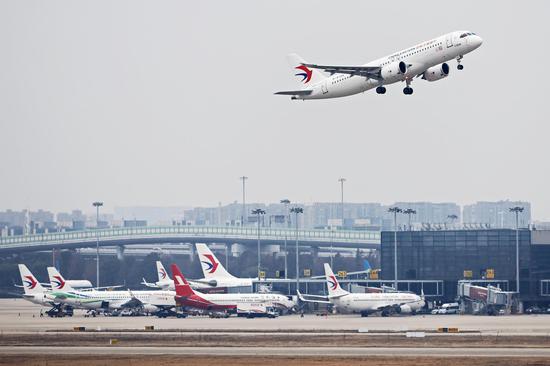


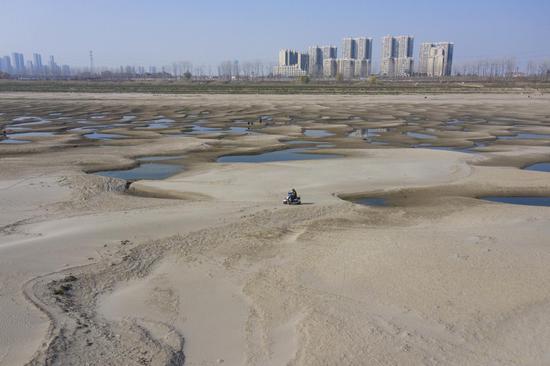





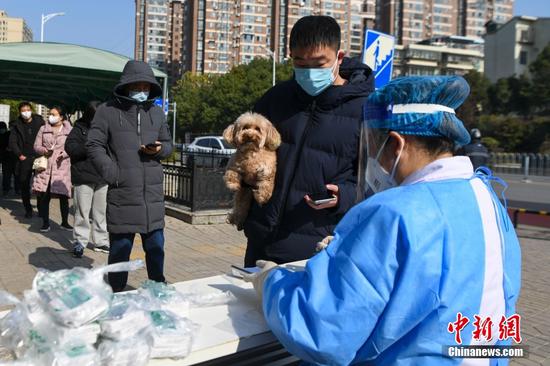
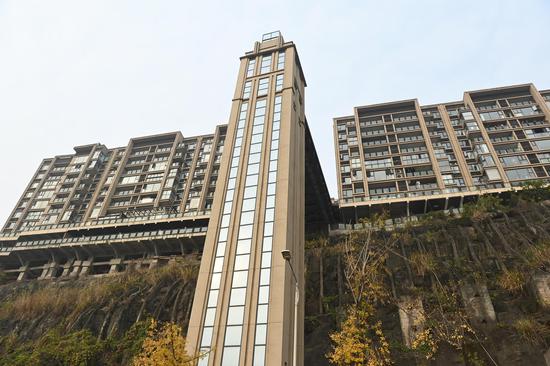
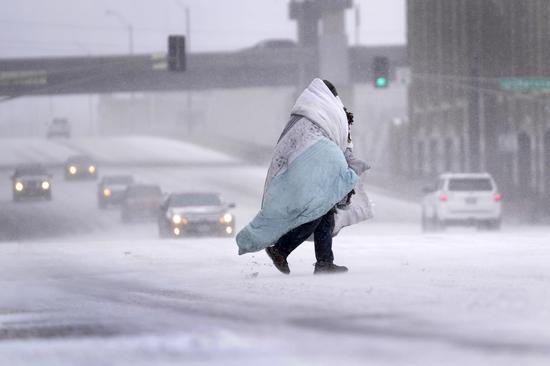


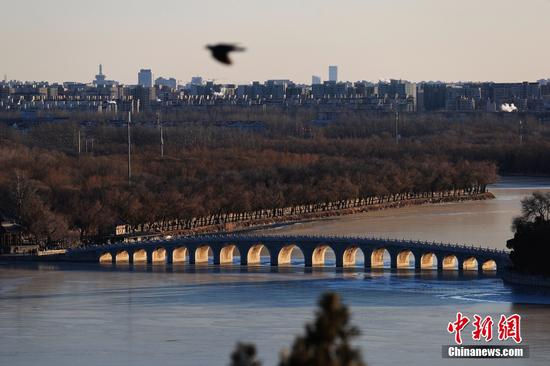




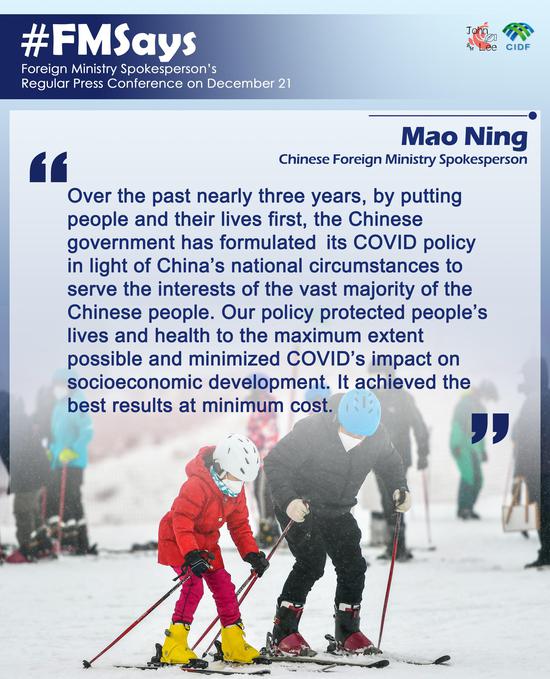




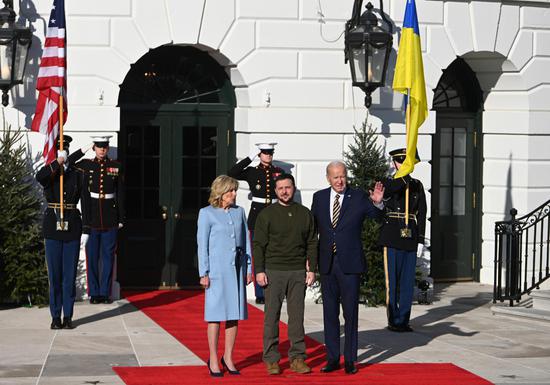



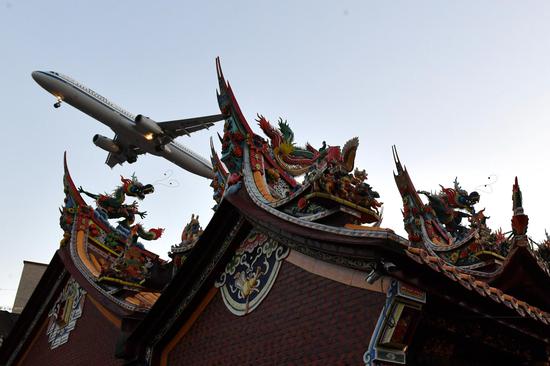

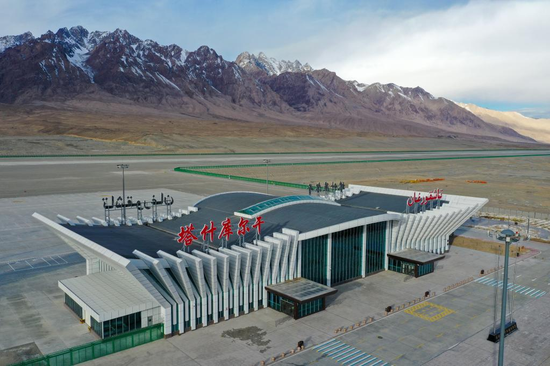











 京公網安備 11010202009201號
京公網安備 11010202009201號